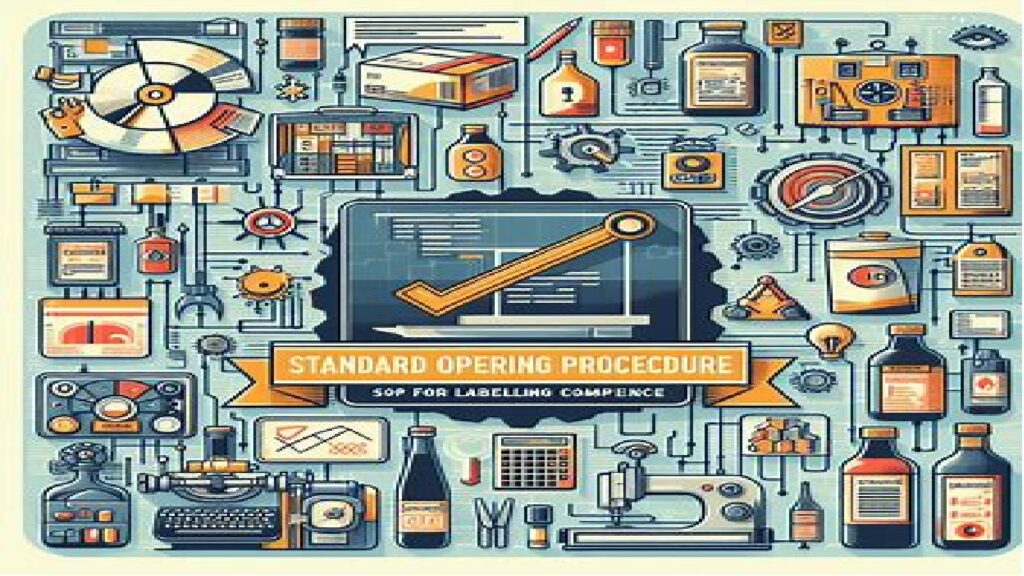Standard Operating Procedure for Labeling Compliance
Ensure labelling compliance with this detailed Standard Operating Procedure (SOP). Covering label design, printing, application, verification, and record-keeping, this SOP outlines responsibilities, procedures, and training requirements. Stay in line with regulatory standards and maintain accurate product representation.
Standard Operating Procedure for Labeling Compliance Read More »



